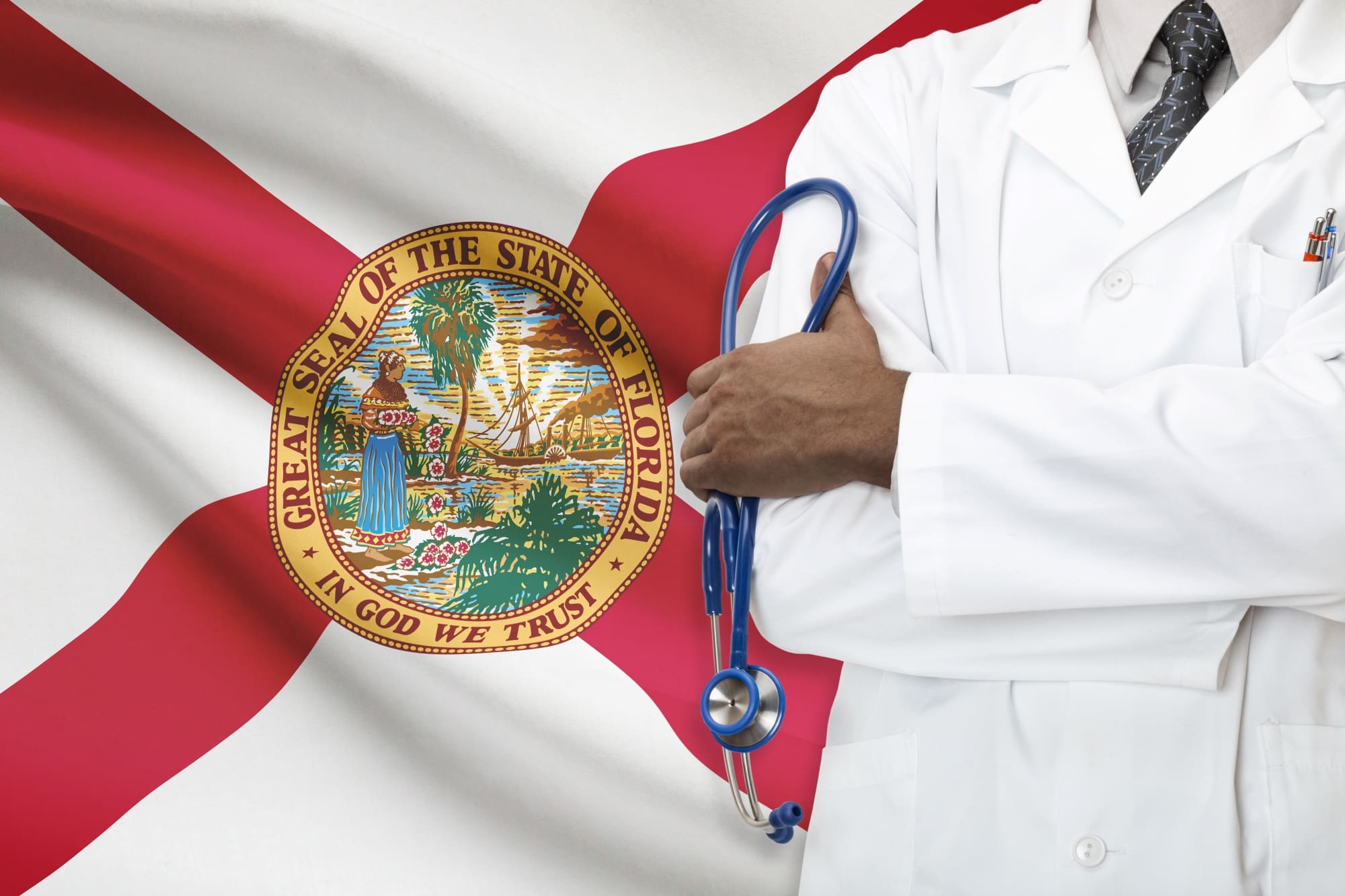|
Getting your Trinity Audio player ready...
|
Florida, known for its sunny beaches and vibrant culture, is also home to a complex healthcare landscape that plays a pivotal role in the well-being of its diverse population. As the third most populous state in the United States, Florida faces unique challenges in providing accessible and affordable healthcare for its residents. This article delves into the intricacies of Florida’s healthcare system, exploring the factors that impact access and affordability for its citizens.
Geographic Disparities in Access
Florida’s expansive geography presents a significant challenge when it comes to healthcare accessibility. Urban centers like Miami and Orlando boast world-class medical facilities, attracting top-tier healthcare professionals. However, the story is different in the rural and underserved areas of the state. Many residents in these regions face barriers to healthcare access, such as limited transportation options and a shortage of medical facilities. This geographic divide often results in disparities in health outcomes, as individuals in rural areas may struggle to receive timely and quality healthcare. Efforts to address these disparities include initiatives to expand telehealth services, bringing medical expertise directly to those in remote areas. However, there is still much work to be done to bridge the gap and ensure equitable access to healthcare for all Floridians.
Strengthening Primary Care in Florida
In the pursuit of a more robust and accessible healthcare system, the role of primary care in Florida emerges as a critical factor. Primary care serves as the foundation of a well-functioning healthcare system, playing a pivotal role in preventive care, early intervention, and chronic disease management. However, challenges such as a shortage of primary care physicians, particularly in rural areas, can impede residents’ ability to establish a consistent and ongoing relationship with a healthcare provider. Initiatives aimed at bolstering primary care in Florida are gaining traction, with efforts to incentivize medical professionals to choose careers in primary care and expand training programs. By investing in primary care infrastructure, the state can enhance continuity of care, reduce reliance on costly emergency services, and ultimately contribute to the overall improvement of healthcare access and affordability for all Floridians.
Affordability Challenges and the Uninsured Population
While access is a critical issue, affordability also looms large in the Florida healthcare landscape. A substantial portion of the state’s population faces financial constraints, contributing to a higher percentage of uninsured individuals. The affordability crisis is exacerbated by the lack of Medicaid expansion in Florida. The state’s decision not to expand Medicaid eligibility under the Affordable Care Act has left a significant number of low-income adults without access to affordable health insurance. This coverage gap leaves many individuals reliant on emergency services or forgoes necessary medical care altogether, leading to preventable health issues. Policymakers and healthcare advocates are engaged in ongoing debates about how to address this issue, with discussions ranging from Medicaid expansion to the creation of state-specific programs to provide coverage for the uninsured.
Innovations in Healthcare Delivery
In response to the challenges of access and affordability, Florida’s healthcare system is witnessing a wave of innovations aimed at improving the overall delivery of healthcare services. One notable example is the integration of technology, with a growing emphasis on telehealth services. Particularly relevant in the context of the ongoing global health crisis, telehealth has proven to be a valuable tool in expanding access to healthcare, allowing individuals to consult with healthcare providers remotely. Moreover, initiatives promoting preventive care and community-based health programs are gaining traction, aiming to reduce the burden on emergency services and address health issues proactively. By fostering collaboration between healthcare providers, community organizations, and policymakers, Florida is paving the way for a more responsive and patient-centric healthcare system that prioritizes both access and affordability.
Florida’s healthcare system is a dynamic tapestry woven with challenges and opportunities. As the state grapples with geographic disparities in access, affordability issues, and the need for innovative solutions, there is a shared commitment to building a healthcare infrastructure that caters to the diverse needs of its population. By addressing these challenges head-on and embracing innovations in healthcare delivery, Florida has the potential to create a model system that ensures access to quality care for all its residents, regardless of their geographic location or financial standing.





